How to become more productive
Productivity is one area many of us struggle with on our personal development efforts. Have you ever been in a position where you know all you need to do to achieve a certain goal but you can’t seem to do actually do it?
I’ve sought out from different scholars and authors, read books on productivity all in an effort to find out how I can become more productive so that I can meet my goals.
Here are some tips I have on how to become more productive.
Avoid distractions
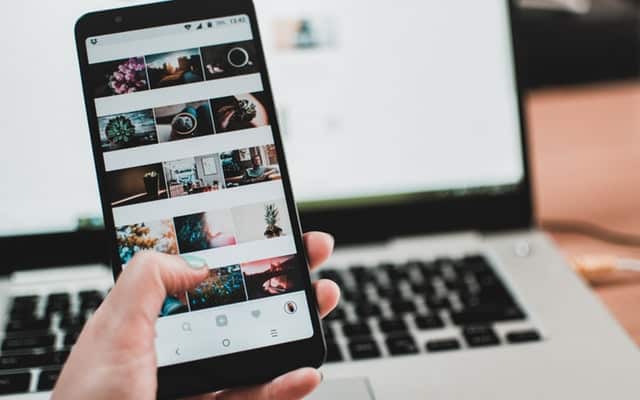 We live in a world full of distractions, and most of those come from our mobile phones. From phone calls to text messages to social media notifications, you can find yourself looking at your phone every few minutes.
We live in a world full of distractions, and most of those come from our mobile phones. From phone calls to text messages to social media notifications, you can find yourself looking at your phone every few minutes.
If you do this while working on something important, your attention is taken away from the task and it may take you some time to get back to the task you’re working on. Cal Newport in his book, Deep Work, and Tim Ferris in The 4 hours work week talk about this and how we can avoid distractions.
When working on a task, consider switching off possible sources of distractions. Put your phone on flight mode, switch off the TV, disconnect the internet on your laptop or if you need the internet for your work, switch off any tabs that may give you notification such as the email tab.
Newport calls what happens to our attention when we are continually distracted as fragmented attention and when in this state, you cannot accommodate any form of deep work as it requires long periods of uninterrupted thinking.
Learn to Schedule
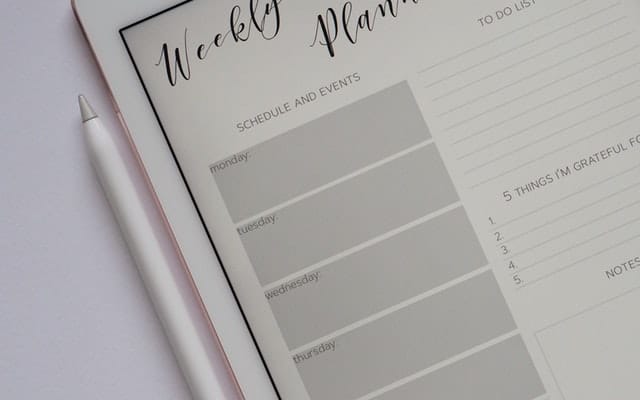 I don’t like schedules and even have a hard time keeping them, but after reading Deep Work by Cal Newport, I trained myself to schedule. Newport says a schedule should not be seen as a limiting factor but more as a guide.
I don’t like schedules and even have a hard time keeping them, but after reading Deep Work by Cal Newport, I trained myself to schedule. Newport says a schedule should not be seen as a limiting factor but more as a guide.
As an ISTP, my perceiving nature wants to keep my options open but it also means I can end up looking at a million stuff but getting none done. I have experienced some benefits of scheduling some of which are; first, it makes you know what you need to do and not spend time thinking about it.
If I wake up and look at my schedule, I know today I need to do A, B and C between the times of 1 and 2. This way, I don’t spend time debating on which activity to take on first.
Secondly, scheduling helps you make an actual realization of how much time certain activities consume. You may assume certain activities take up 2 hours and from working on a schedule, they end up taking less time.
Knowing this, you can always squeeze in another activity or if the activity takes longer, you can ensure you don’t schedule it among other engaging activities.
Block time for the deep stuff
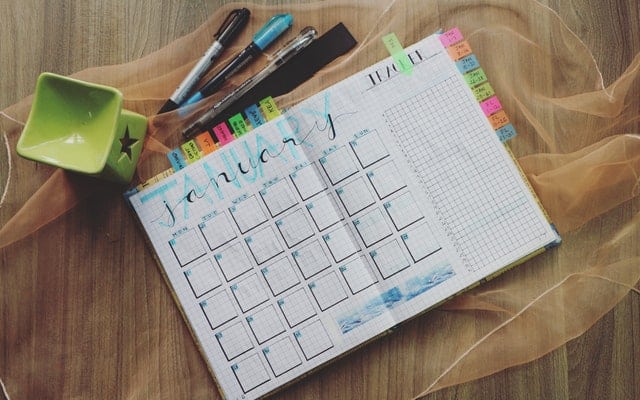 Cal Newport suggests that to get some deep work done, you need to block some time off in a day. For example, I have been working on a publication and I know that to get it done, I cannot do it while I work on my daily jobs.
Cal Newport suggests that to get some deep work done, you need to block some time off in a day. For example, I have been working on a publication and I know that to get it done, I cannot do it while I work on my daily jobs.
Knowing this, I can block a week of not taking other jobs so I can focus on it. Depending on the task, you can block a few hours in a day, or weeks and simply focus all your efforts on this specific task.
Sometimes you just need 4 hours of deep work in a day and you’ll be surprised how much you can achieve when you block off time to concentrate on some mentally demanding tasks.
Stay away from social media
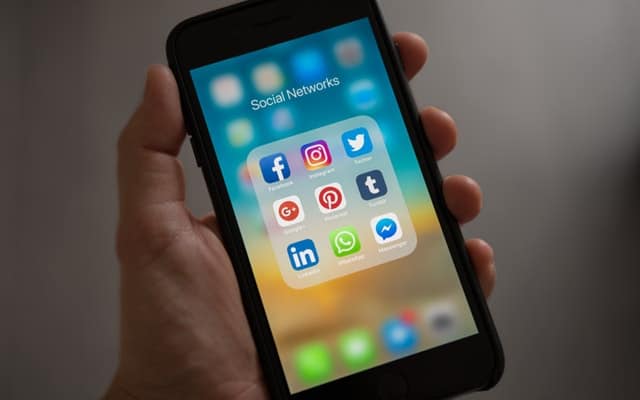 Social media is one of the main distractions that productive people are looking at and trying to find ways to avoid social media to improve on their productivity.
Social media is one of the main distractions that productive people are looking at and trying to find ways to avoid social media to improve on their productivity.
Not only is social media entertaining, but it’s also very addictive. When you wake up in the morning and the first thing you do is check social media, you are likely hugely harming your productivity.
For your morning routine especially, which I discuss under 8 things to do before 8 to become more productive, one of them should be to avoid your phone as much as possible.
If you look at your phone first thing in the morning, you could get all sucked in and before you know it, you’ve been robbed a couple of your precious hours.
It is a bit of a dilemma for people who use social media to make a living and as I am one of these, I have come up with a way to manage this. I schedule my Instagram and Facebook posts in a calendar, basically, what I should post and a hint of what to say.
Sometime during my day, when I am on a short break, I will make the posts and log off immediately. Must later in the day, I will log back on and interact with people who have interacted with my posts.
This helps me only spend the time that’s necessary on social media and ensure it doesn’t interfere with my productivity.
Set a productivity environment
 We are all produced in a different environment. Some prefer to work on a desk, others in a café, others on the couch and even in bed. Your productivity environment is up to you to decide, and you should work where you feel most productive.
We are all produced in a different environment. Some prefer to work on a desk, others in a café, others on the couch and even in bed. Your productivity environment is up to you to decide, and you should work where you feel most productive.
However, when you say it’s time to get some work done, and you are at your productive place, ensure that you have minimal interference and your mind will tune into work mode once you are in this place. Don’t work on the couch with the TV blaring.
If you need to get some deep work done, a productivity environment is one which you’re comfortable, has minimal interference and your mind knows that when you get to that place you mean business.
Be realistic with your to-do list
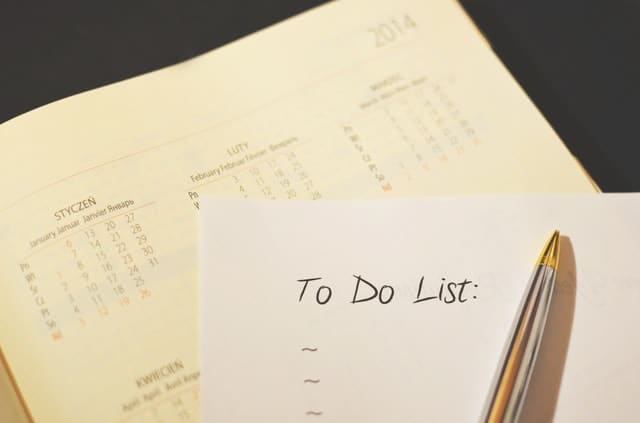 A to-do list works as a great guide to let you know what you need to do in a day without spending too much time thinking about it. What feels really good is crossing off the activities that you have already completed.
A to-do list works as a great guide to let you know what you need to do in a day without spending too much time thinking about it. What feels really good is crossing off the activities that you have already completed.
However, sometimes we put too many things on our to-do-list that we end up feeling like failures at the end of the day of we have not exhausted the list. You need to be realistic with your to-do list.
Be realistic with the time it takes to do every task so that you don’t bite more than you can chew. Further, delegate some tasks if you can or shift them to the next day if they are not urgent.
However, while at it, remember to do the important tasks as well, not just the urgent. Some people pick one thing that they must do in a day, other 3 things. Depending on your school of thoughts, just ensure that you schedule activities that can be achieved.
Wake up early (for early birds)
 I insist that this message is for early birds. Not everyone is a morning person or productive in the morning. Some people are great at working into the night and this is when they churn out their best stuff.
I insist that this message is for early birds. Not everyone is a morning person or productive in the morning. Some people are great at working into the night and this is when they churn out their best stuff.
I speak for early birds because I am one. When I wake up early, I always have a better day than on days I slept in. waking up early ensures that I’m able to squeeze in a workout in the morning, sometimes I even read, I plan my day and I get an early day.
It gives me a couple of hours’ head start and I am more productive in the morning before it gets all noisy and stuff.
Learn to say No
No is a complete sentence.
 In order to become more productive, learn to say no. If you are working on something which needs all the attention you can give, you sometimes have to turn down others. This means its ok to say no when a friend asks if you can meet up.
In order to become more productive, learn to say no. If you are working on something which needs all the attention you can give, you sometimes have to turn down others. This means its ok to say no when a friend asks if you can meet up.
It’s ok to say no when someone asks you to run an errand which can easily be run by someone else. True focus needs minimal distractions and that means declining to receive a phone call is also a way of saying no.
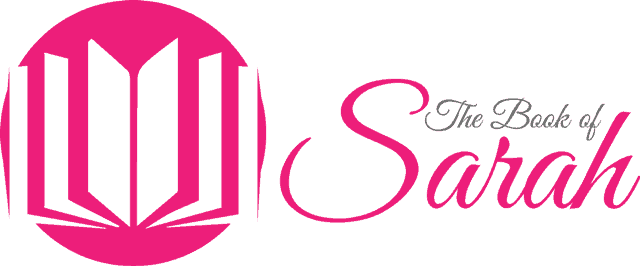
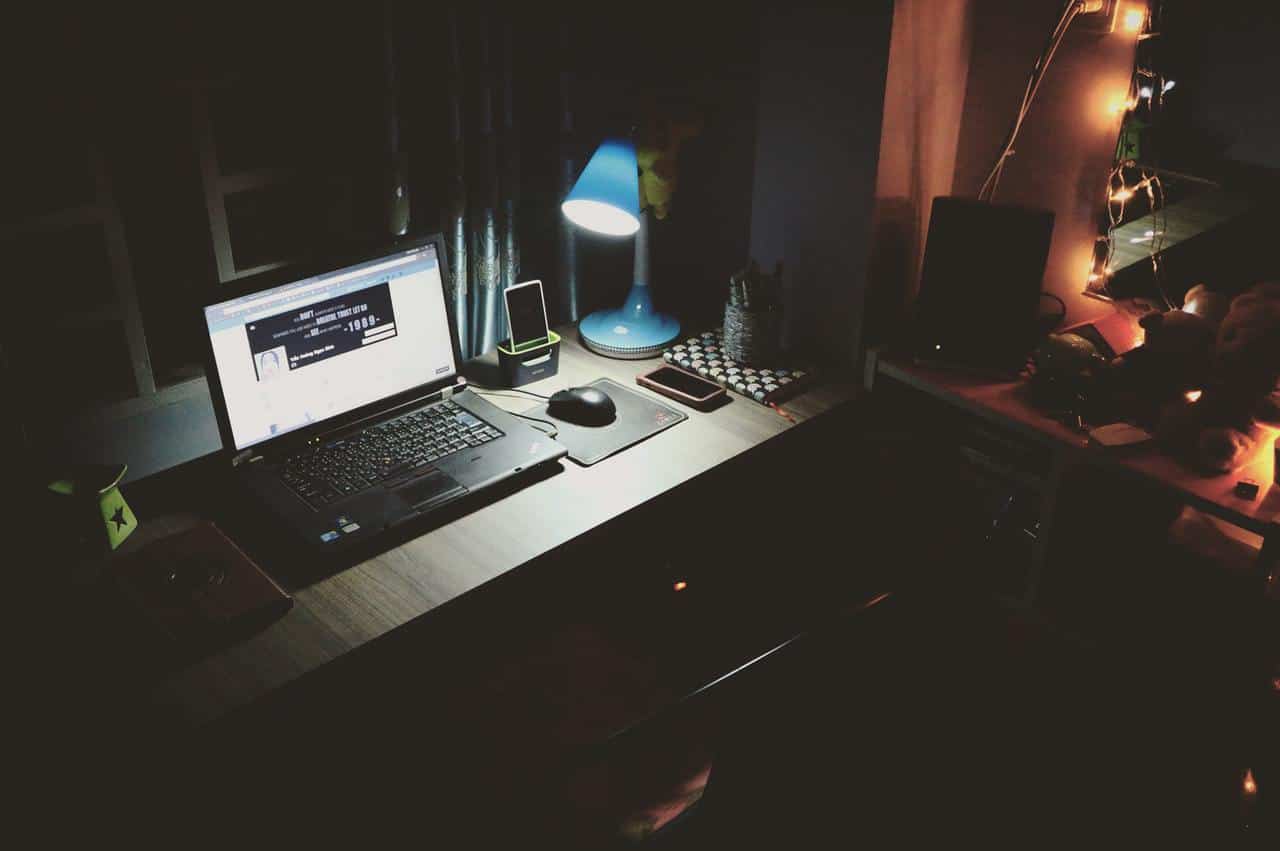


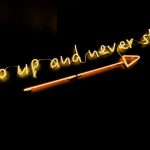

Comments